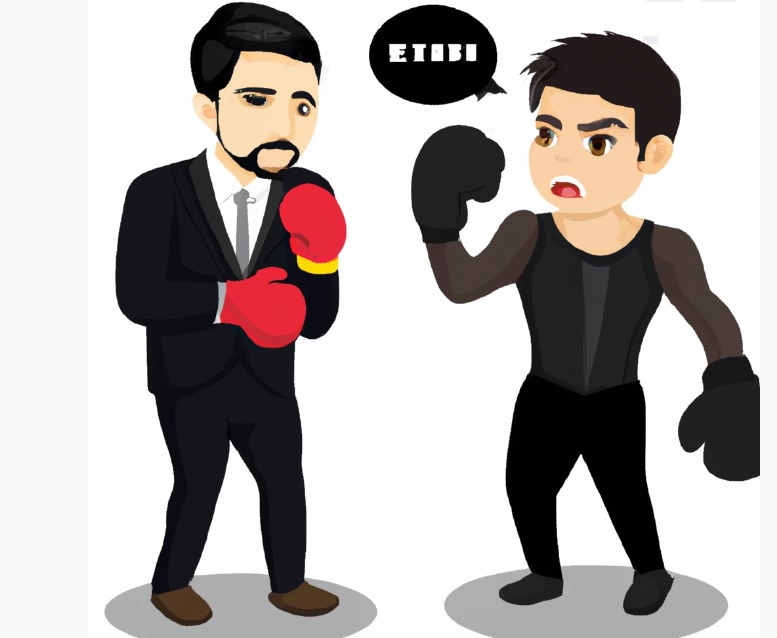Mastering the Art of Fighter Negotiations

Negotiating with fighters is a delicate dance that can greatly influence the success of your boxing or MMA show. It requires finesse, strategic thinking, and a deep understanding of both the sport and the athletes. While you may be well-versed in the basics of negotiation, here are some little-known facts and tips that can elevate your approach and yield better outcomes.
- Embrace Individuality: Each fighter is a unique brand with distinct strengths and appeal. Don’t approach negotiations with a one-size-fits-all mindset. Take the time to understand their personal motivations, career aspirations, and marketability. Tailor your offers to align with their goals.
- Know the Market Trends: Research the current market trends for fighter compensation. Knowing the prevailing rates for fighters of various calibers can help you avoid overpaying or undervaluing a fighter’s worth.
- Leverage Performance Incentives: To create a win-win scenario, consider offering performance-based incentives in addition to a base pay. This not only motivates fighters to give their best in the ring but also gives them a chance to increase their earnings substantially.
- Understand Their Team: Fighters often rely on their management teams for guidance. Building a positive rapport with a fighter’s management can lead to smoother negotiations. However, ensure that you have clear lines of communication directly with the fighter as well.
- Explore Ancillary Benefits: Think beyond the purse and explore additional perks that can entice fighters. These could include travel accommodations, exposure through media and marketing, or potential future opportunities within your promotion.
- Respect Their Camp Schedule: Fighters have intense training and preparation schedules leading up to a bout. Understand their training timeline and avoid unnecessary distractions during critical training periods.
- Transparent Communication: Openly discuss your promotion’s expectations, financial constraints, and long-term plans. Transparency builds trust and reduces misunderstandings down the line.
- Factor in Sponsorships: Some fighters may have personal sponsors. Discuss how these sponsorships can be incorporated into the negotiation, potentially boosting their overall compensation.
- Highlight the Show’s Appeal: Emphasize the unique aspects of your show, such as its fan base, venue, or historical significance. These factors can sway fighters to agree to terms that align with the event’s prestige.
- Be Prepared to Compromise: Flexibility is key. Be prepared to compromise on certain terms while still ensuring that the deal aligns with your promotion’s financial objectives.
In the high-stakes world of combat sports promotions, effective fighter negotiations are an art form that can set the stage for unforgettable events. By embracing these lesser-known insights and tailoring your approach to each fighter’s individuality, you’ll be well on your way to securing exciting matchups that captivate audiences and elevate your promotion’s success.

